August 2, 2023 /SemiMedia/ -- Infineon Technologies AG has recently launched Soluboard®, a recyclable and biodegradable printed circuit board (PCB) substrate based on natural fibers and a halogen-free polymer. The product was developed by UK start-up Jiva Materials and helps to reduce the carbon footprint of the electronics industry.
Soluboard’s plant-based PCB material is made from natural fibers, which have a much lower carbon footprint than the traditional glass-based fibers. The organic structure is enclosed in a non-toxic polymer that dissolves when immersed in hot water, leaving only compostable organic material. This not only eliminates PCB waste, but also allows the electronic components soldered to the board to be recovered and recycled. By using Soluboard for its demo and evaluation boards, Infineon is making another important contribution to the testing of sustainable designs in the electronics industry.
“For the first time, a recyclable, biodegradable PCB material is being used in the design of electronics for consumer and industrial applications – a milestone towards a greener future,” said Andreas Kopp, Head of Product Management Discretes at Infineon’s Green Industrial Power Division. “We are also actively researching the reusability of discrete power devices at the end of their service life, which would be an additional significant step towards promoting a circular economy in the electronics industry.”
“Adopting a water-based recycling process could lead to higher yields in the recovery of valuable metals,” said Jonathan Swanston, CEO and co-founder of Jiva Materials. “In addition, replacing FR-4 PCB materials with Soluboard would result in a 60 percent reduction in carbon emissions – more specifically, 10.5 kg of carbon and 620 g of plastic can be saved per square meter of PCB.”
Currently, Infineon is using the biodegradable material to reduce the carbon footprint of demo and evaluation boards – but is also exploring the possibility of using the material for all boards to make the electronics industry more sustainable. In doing so, Infineon is following the European Commission's “Green Deal” agenda, which aims to achieve climate neutrality by 2050 by making circularity the mainstream in our lives and accelerating the greening of the EU economy. In addition, the company is committed to the responsible collection and recycling of electronic products manufactured by Infineon in accordance with the EU Directive on Waste of Electrical and Electronic Equipment (WEEE).
Infineon has produced three different demo boards using Soluboard technology and plans to expand its offering over the next few years. More than 500 units are already in use to showcase the company’s power discretes portfolio, including one board that features components specifically for refrigerator applications. Based on the results of ongoing stress tests, the company plans to provide guidance on the reuse and recycling of power semiconductors removed from Soluboards, which could significantly extend the lifetime of the electronic components.
The research will also provide Infineon with a fundamental understanding of the design and reliability challenges customers face with the new material in their core applications. In particular, customers will benefit from the new knowledge as it will contribute to the development of sustainable designs.

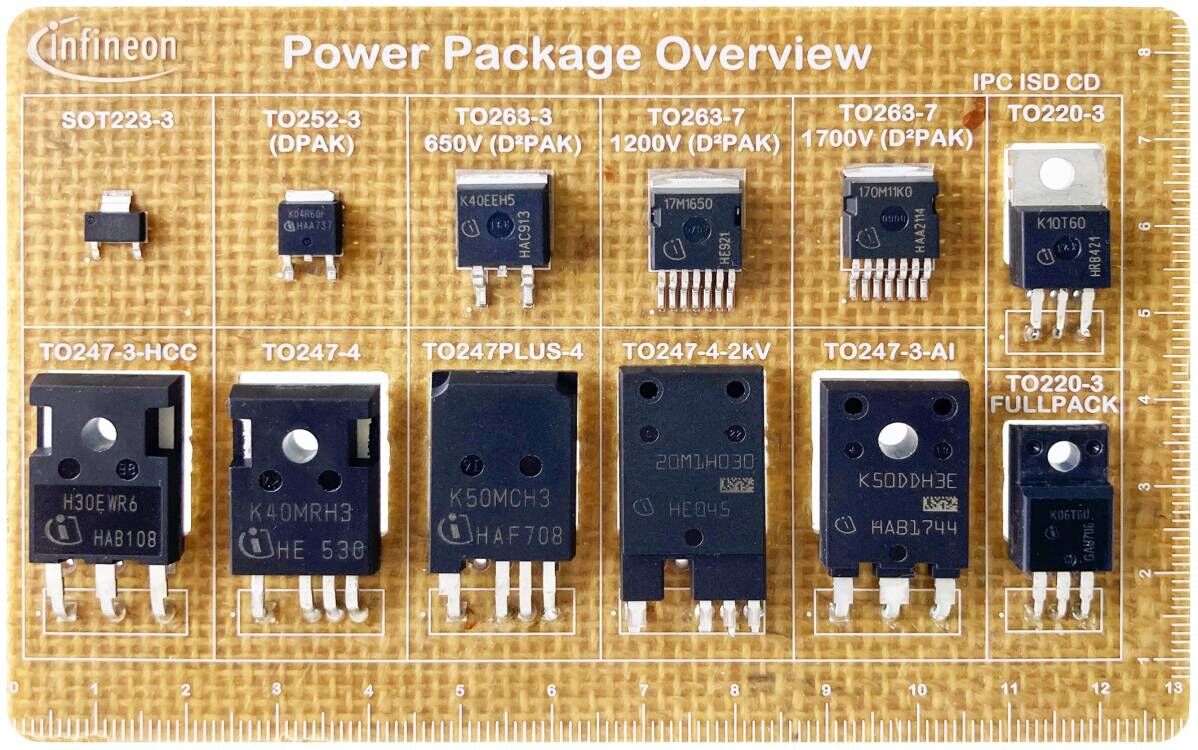



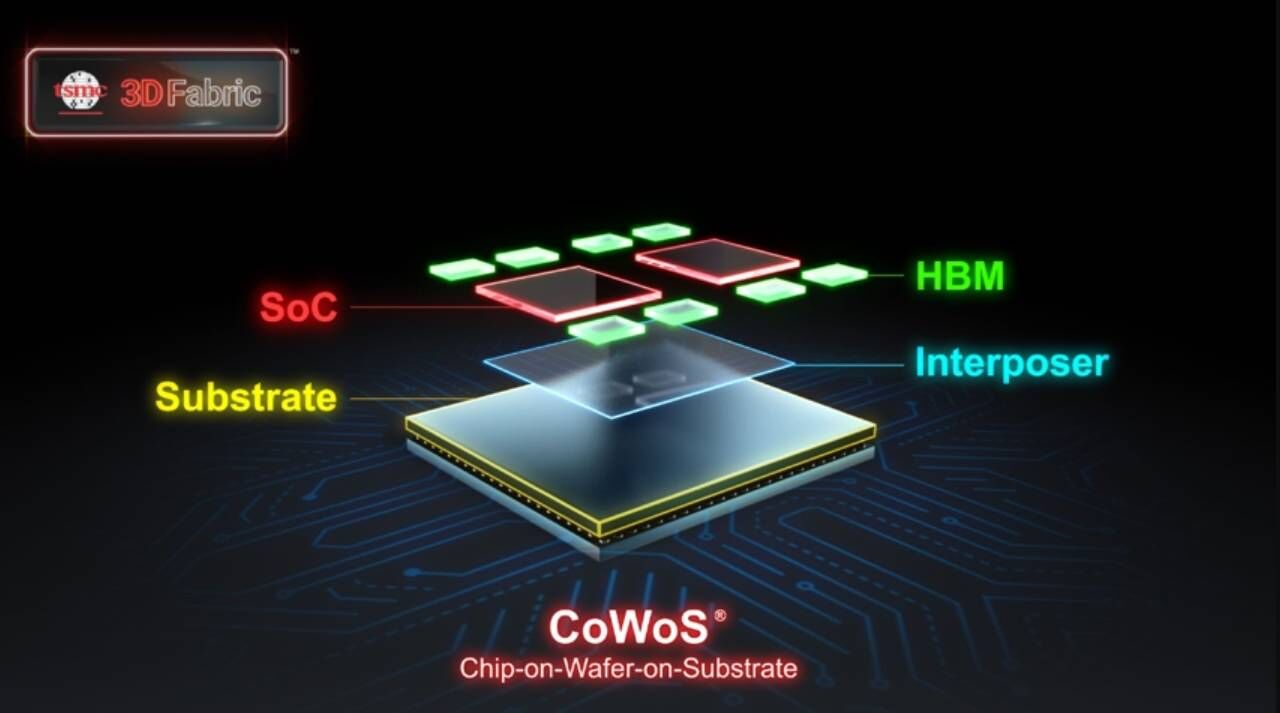

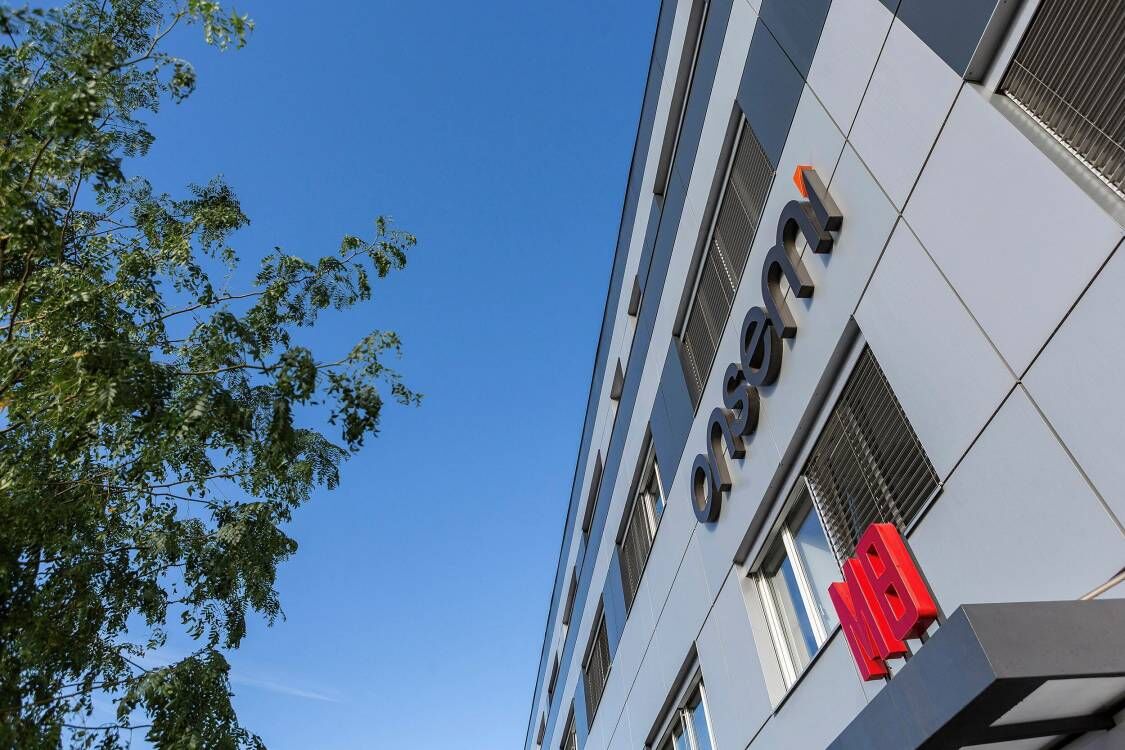

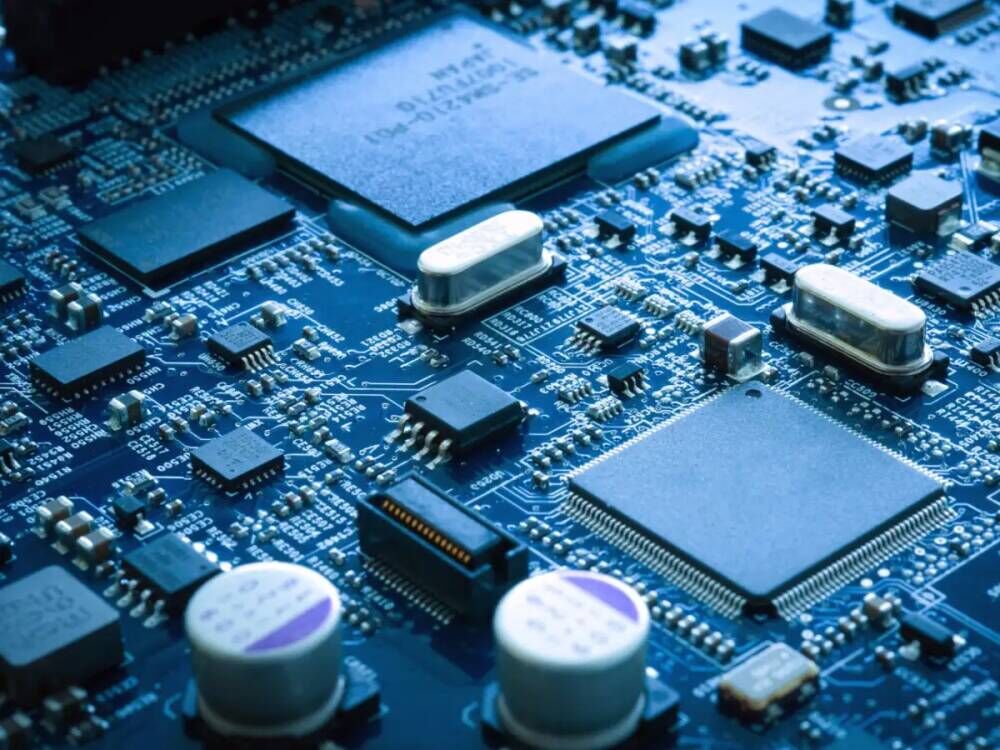
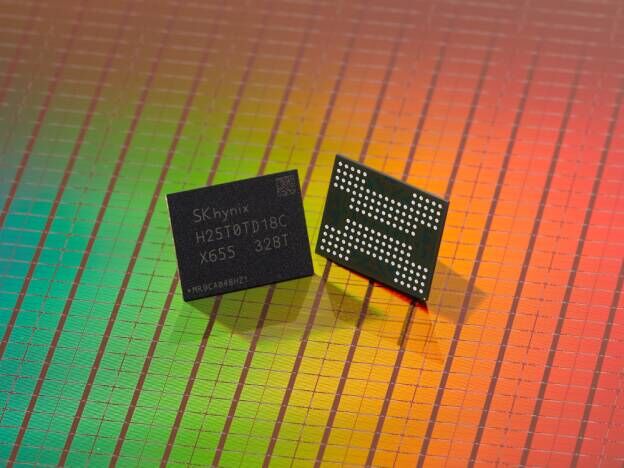

All Comments (0)